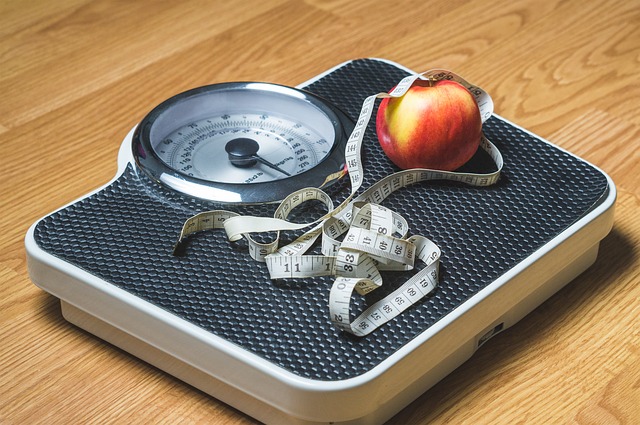
Obesity is, in general, a massive problem in our society. It’s something that puts up the cost of healthcare while at the same time decreasing the quality of life. But there’s something particularly tragic about childhood obesity. Children shouldn’t grow up in a society where obesity is something that automatically results from the environment. It doesn’t seem fair.
Back in 2016, there was a brief period in which it appeared as if childhood obesity was falling. Efforts in schools to improve the healthfulness of school meals and increase physical activity seemed to be having a beneficial effect. But more recent data suggest that this may have been a temporary blip: childhood obesity rates are at an all-time high.
What’s needed now more than ever are people equipped with the skills to communicate to parents the type of lifestyle that helps children avoid obesity. Obesity doesn’t just affect a child’s quality of life right now, but also their health in the future. People who are obese as children are four times as likely to develop type 2 diabetes and much more likely to suffer from heath disease and asthma/.
As the following infographic points out, childhood obesity isn’t just a physical health problem: it’s an emotional and academic issue too. Children with obesity experience lower reported quality of life, more depression and anxiety, and suffer from bullying. Obese children are also at a higher risk of having a learning disability.
Are you interested in fighting obesity in your family? Check out the following infographic on childhood obesity in the US.

Infographic by University of Nevada – Reno

Leave a Reply